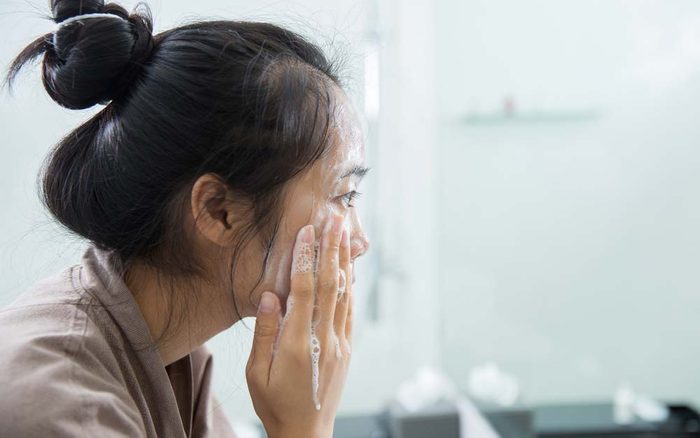
Not washing your face
The number one skin sin is simply going to bed without giving your face a good wash. “Even if you do not wear makeup you should wash your face nightly,” says Desmond Shipp, MD, a dermatologist at The Ohio State University Wexner Medical Center. “Your skin is going through a repairing and rebuilding phase during the nighttime and debris such as dust, smoke, and skin care products can clog your pores leading to worsening acne.” (And remember not to make these face-washing mistakes.)
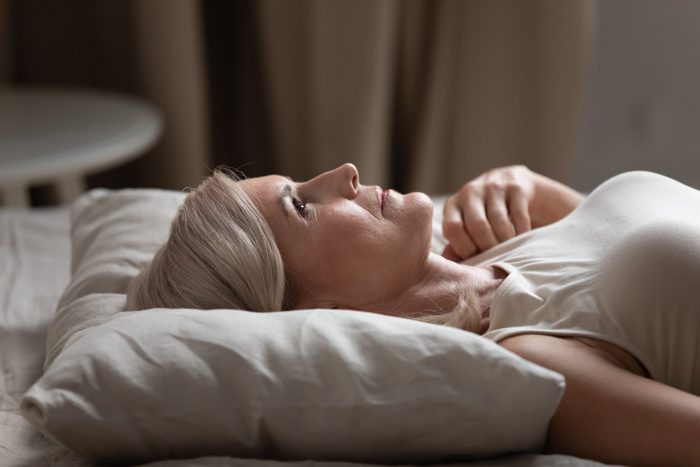
Skimping on sleep
There is really such a thing as beauty sleep—and getting less than six hours of snooze time at night gives your skin less time to repair itself—which can lead to more wrinkles, an ashy complexion, and those dark circles under your eyes. Not getting enough sleep could also increase inflammation and stress hormones, aggravating skin conditions like acne, according to the National Sleep Foundation.
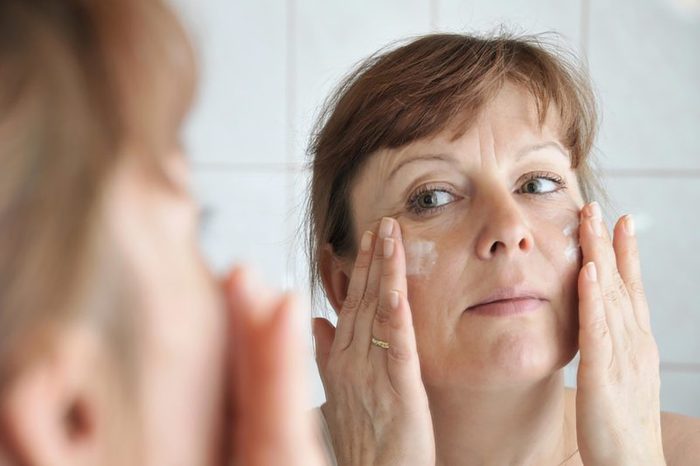
Choosing the wrong anti-aging cream
“The majority of anti-aging creams are still based on moisturizers such as mineral oil,” says Manish Shah, MD, board-certified plastic surgeon in Denver. “Wrinkles look worse when they are dry, so any kind of moisturizer helps, but many only improve things temporarily and don’t address the root cause of the wrinkles, such as collagen loss, free radical damage, sun damage, and environmental factors. Unless there is an actual ‘active ingredient’ such as retinol, the benefit is just moisture and nothing else.”
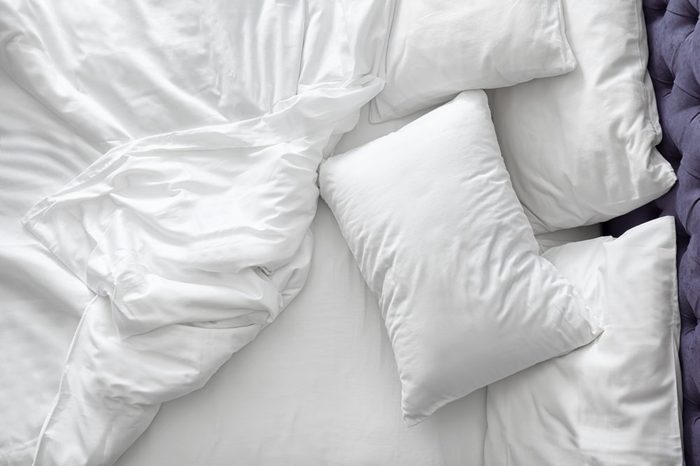
Not changing your pillowcases regularly
Sleeping on the same pillowcase night after night could expose your skin to some pretty nasty stuff, such as bacteria, sloughed-off skin, and sweat. Dr. Shipp recommends changing your pillowcase at least weekly—more often if you’re acne-prone. (In fact, changing your pillowcase is one of the ways dermatologists wake up with younger-looking skin.)
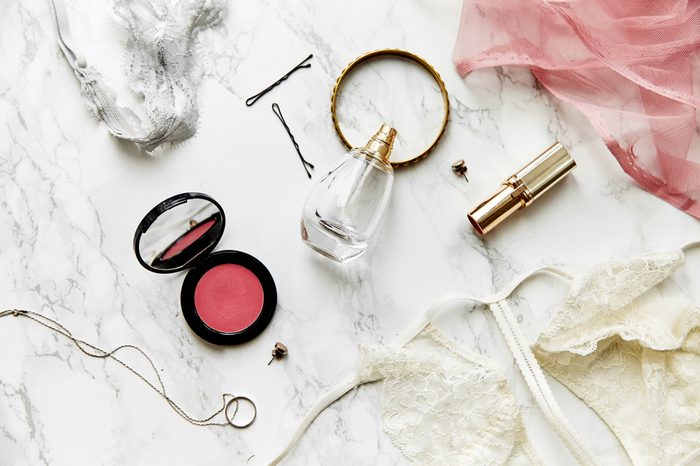
Leaving on your makeup
While dermatologists always stress that washing your face before bed is a must-do, they’re especially adamant about clearing off every trace of makeup every night. “You should never sleep with makeup on your skin,” Dr. Shipp says. “You’re essentially setting yourself up for an acne eruption.” (Here are some facial cleansers that won’t strip your skin.)
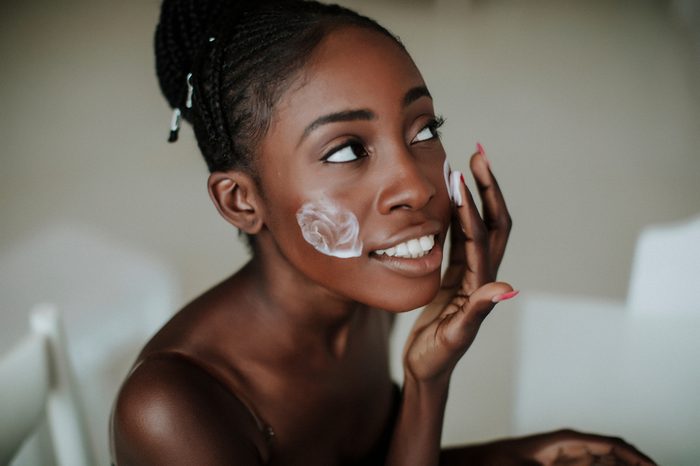
Skipping moisturizer
Moisturizer helps every skin type—not just people with dry or aging skin. If you have oily or acne-prone skin, look for a formulation that’s made for you—some formulations contain ingredients that can help you battle acne and keep your skin looking dewy. (Here’s the best moisturizer for your skin type.)
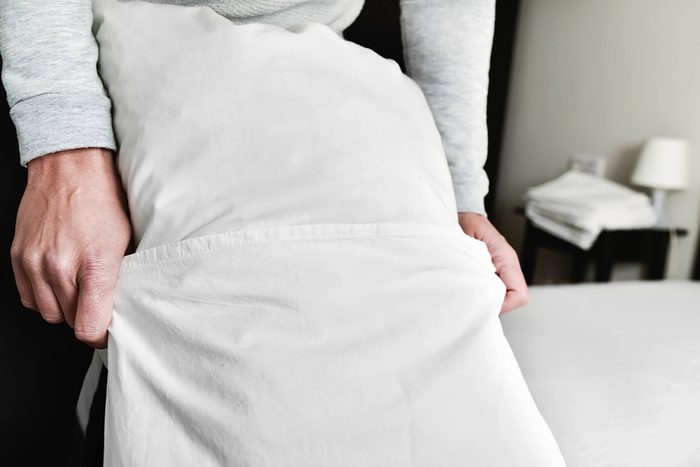
Using a plain old cotton pillowcase
Upgrading your pillowcase to a silk or satin one could do wonders for your face and hair. “I recommend silk pillowcases as they are less abrasive to the skin,” says Dr. Shipp. “They are also breathable, hypoallergenic, and less irritating.”
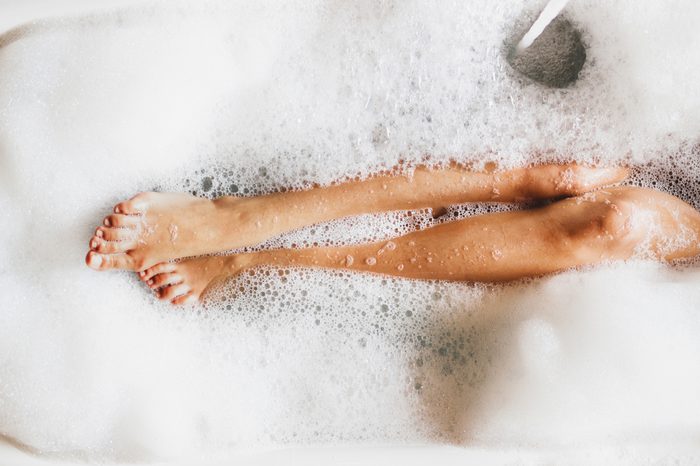
Overcleaning your skin
Too much of a good thing could be damaging to your skin. “Most patients over-cleanse their skin, compromising the moisture barrier and microbiome of the skin’s natural protective layer,” says Graceanne Svendsen, a celebrity facialist at Shafer Plastic Surgery & Laser Center in New York City. “When the helpful, natural bacteria is cleansed off, we are more susceptible to infections, breakouts and parched looking skin.” (Check out these rules for people with sensitive skin.)
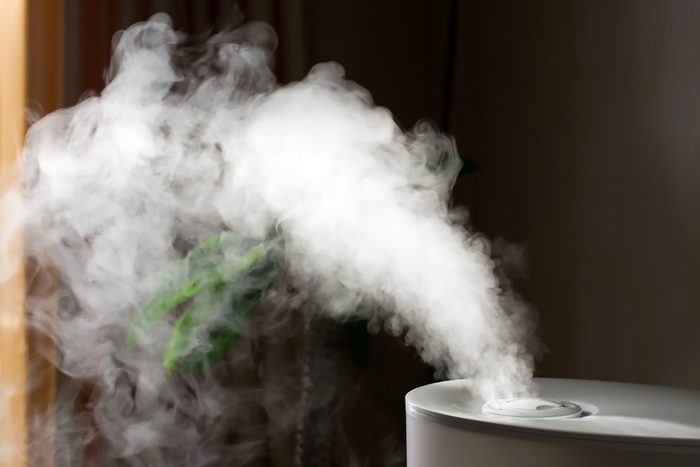
Not being mindful of the humidity
Dry air—whether in arid desert climates or the heated air in a house once cold weather hits—can really do a number on your skin. Dermatologists recommend putting a humidifier in your bedroom to make it easier for your skin to maintain its moisture levels. (Also, know the difference between dry and dehydrated skin.)
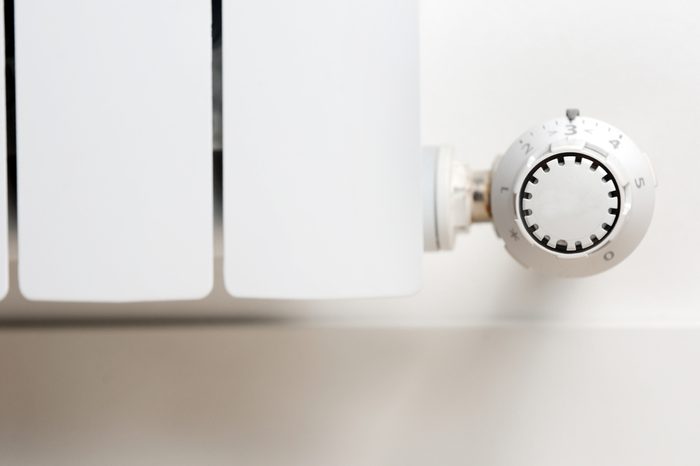
Keeping the room too warm
A cozy bedroom could be bad for your skin health—and your sleep quality. “Studies show that the body rests better at lower temperatures,” Svendsen says. “Keep your room temperature cool in the evening—don’t you get the best sleep on a cool fall night?” (Also, did you know sleeping in a room at this temperature can boost your metabolism?)
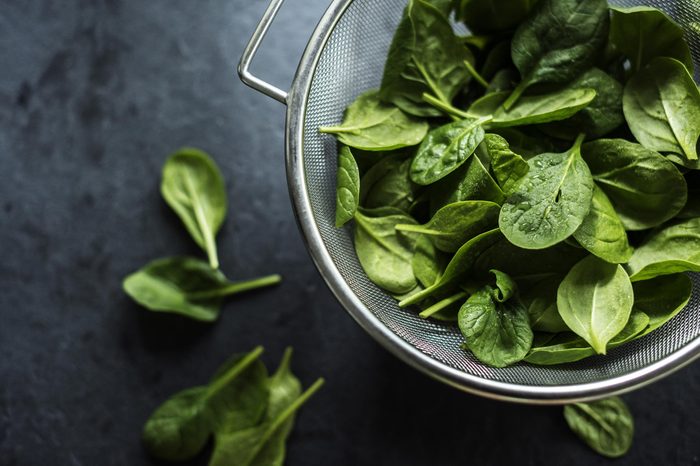
Trying to get your vitamins through your cream
While vitamin C can be helpful when applied to the skin, vitamin B isn’t quite as effective. “Many forms of vitamin B (like B12) can only be absorbed in the small intestine, so no matter how much is loaded into your moisturizer or serum, it’s not going to make a difference,” Dr. Shah says. “Vitamins like niacin (vitamin B3) can have an effect on the skin’s texture and colour, but your skin can’t absorb them. If you really want to tap into the power of vitamin B to improve your skin’s glow and appearance, stick to eating leafy greens like spinach, asparagus, beans, and peas.” (Try these beauty-boosting foods—they can give you glowing skin and shiny hair.)
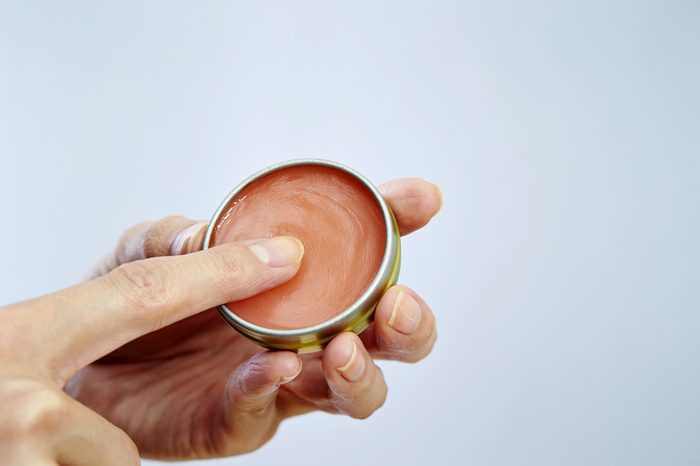
Forgetting to moisturize your lips
While slathering on night cream might be part of your evening routine, you’re likely skipping your lips, which have thin, delicate skin that’s especially prone to dryness and chapping. Skip the heavy-duty retinoids, and put on a generous coating of a lip ointment that contains shea butter, glycerin—or just a little coconut oil. (Also try a lips exfoliator to slough off dead skin.)
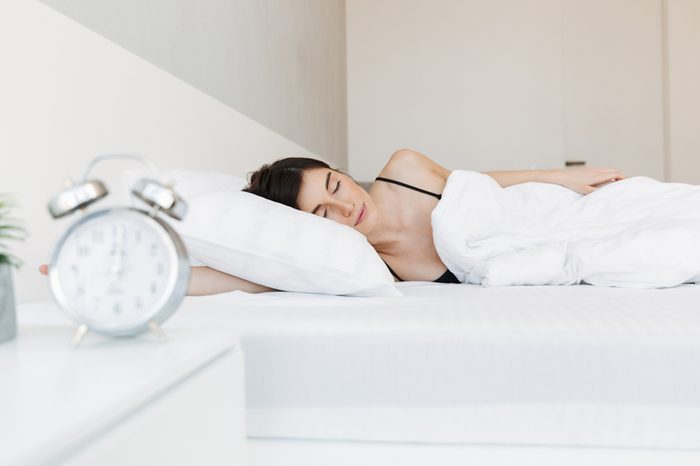
Sleeping on your stomach or side
If you’re a stomach or a side sleeper, you could be crushing your delicate facial skin into the pillow, making it more prone to wrinkles due to the friction from the pillowcase. A softer pillowcase can help—but it’s probably better for your skin if you get used to sleeping on your back. (See other everyday habits that cause wrinkles.)
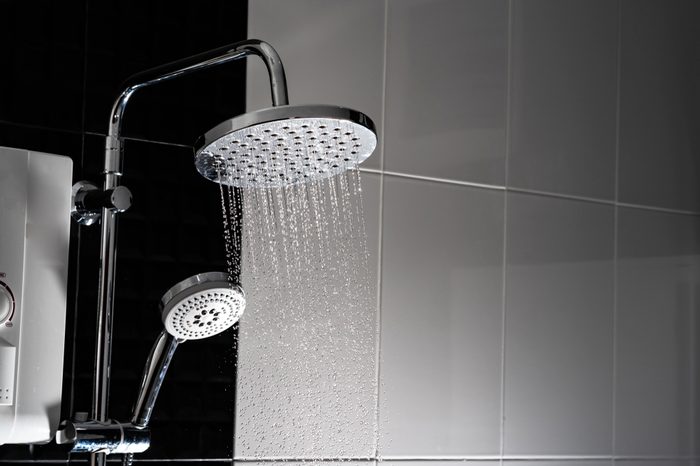
Taking a long, hot shower
“Keeping your shower water too hot can be dehydrating to the skin,” Svendsen says. Instead, keep the shower temperature on the cooler side, and be sure to slather on lotion afterward. (Learn about other habits that are dehydrating your skin.)

Eating chips before bedtime
Think twice about that bowl of pretzels or chips before you snooze. The extra salt from your favourite bedtime snack can lead to excess fluid pooling—especially around the eyes. And that means puffiness in the morning. The antidote—a healthier snack, like fruit or veggies.
Next, learn what you should be doing to your skin in quarantine.
